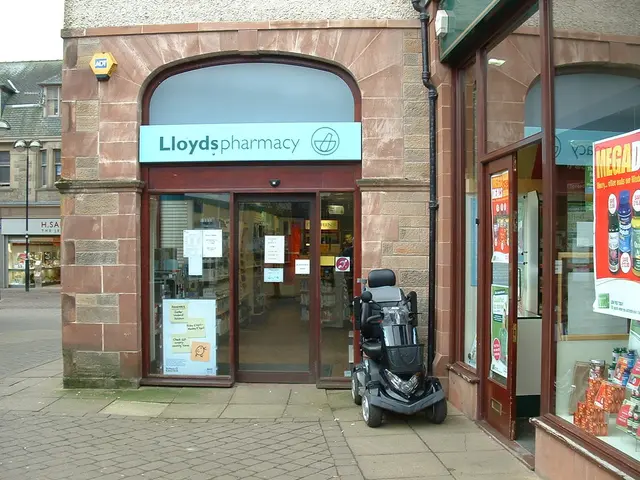Membership in a church fosters financial stability following Hurricane Katrina
A recent study by the Institute for the Study of Labor (IWH) sheds light on an unexpected factor that played a significant role in the economic recovery of areas affected by Hurricane Katrina in 2005 - religious affiliation.
The study, announced earlier this week, found that social cohesion, particularly through Christian church membership, had a notably positive economic impact during the post-crisis recovery period. Counties with a higher share of church members experienced significantly better economic recovery, with firms achieving higher productivity between 2005 and 2010 compared to areas with weaker religious affiliation.
The positive economic effect arises because religious communities provide critical social networks in crises. They offer social support by connecting individuals to friends and acquaintances, access to food and information, a sense of belonging that fosters hope and motivation for rebuilding, and elevated trust in institutions and a stronger attachment to the local region.
These factors strengthen social cohesion, which the study found to directly contribute to higher firm productivity and economic resilience beyond mere political connections or increased financial aid. The study, however, does not specify which specific Christian denominations were analysed.
In areas where the share of church members was ten percentage points above the average, the negative economic impact of the disaster was half as strong. This effect was more pronounced among Protestants than Catholics, according to the study.
The study emphasises the importance of cultural factors for economic resilience. It attributes the better economic recovery in religiously influenced regions to the presence of strong social networks and supportive behaviours. Church members demonstrate an entrepreneurial spirit, exhibit a high degree of cooperation, and are more likely to stay in their home region, supporting reconstruction. They also show high levels of thriftiness, which aids in the conservation of resources during challenging times.
The study focuses on the economic recovery after Hurricane Katrina in 2005. Additional contextual studies on New Orleans’ recovery after Katrina highlight ongoing challenges but also emphasise the role of strong social networks and community ties—including those fostered by faith-based groups—in resilience and rebuilding efforts.
While the study does not provide information about the methodology used or the control variables considered, Felix Noth from IWH states that social cohesion is particularly important in times of crisis. The research establishes that social cohesion driven by religious affiliation can substantially mitigate economic downturns following major crises through enhanced community support, trust, and collective resilience.
In summary, the IWH research underscores the significant role of religious affiliation in fostering economic resilience, particularly during times of crisis. The study highlights the critical role of social networks, trust, and collective resilience in facilitating economic recovery.
Read also:
- Overweight women undergoing IVF have a 47% higher chance of conceiving naturally post-weight loss
- Bonsai Trees from Evergreen Species: Exploring Growth Characteristics & Distinct Qualities
- What temperatures may make walking your canine companion uncomfortable?
- Title: Information About Beovu: Potency, Form, Usage, and Additional Details







